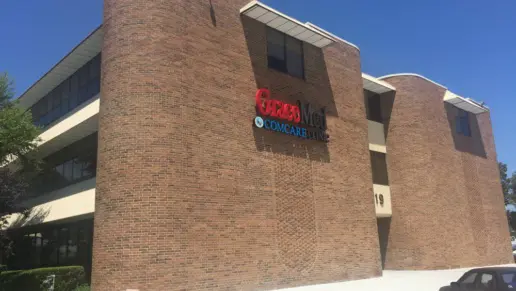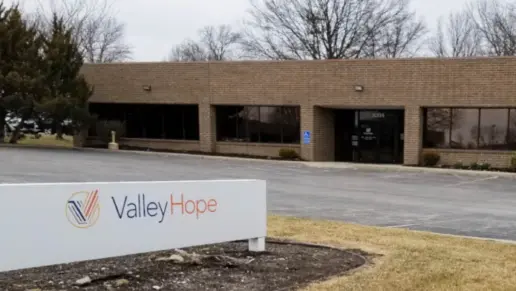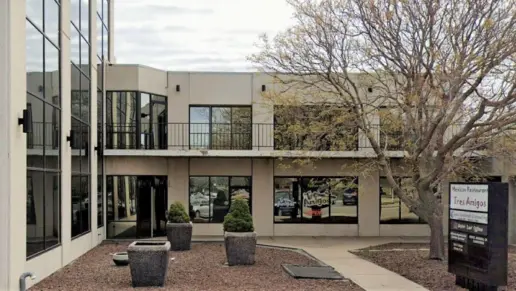Shawnee Mission leaks your personal info throughout the gossip the nurses do, not cool. Children are running in the hallways all the time. I always walked away completely confused after my therapies
About Shawnee Mission Medical Center
Shawnee Mission Medical Center offers substance use disorder and mental health treatment to men and women in Overland Park, Kansas. Their services range from inpatient to outpatient mental health treatment.
Shawnee Mission Medical Center offers inpatient, intensive outpatient, dual diagnosis treatment, and outpatient psychiatry services.
Inpatient treatment is for those who need continual monitoring during the beginning stages of treatment. The program offers individual, family, and group therapy, along with expressive therapy. Medication management, nutritional guidance, and spiritual support are also provided.
The intensive outpatient program at Shawnee Mission Medical Center provides evidence-based treatments with cognitive behavioral therapy, dialectical behavioral therapy, group therapy, and medication management. This level of care is best suited for those who either do not need to be inpatient or who are stepping down after inpatient treatment.
Those who need mental health treatment while receiving treatment for addiction are best supported through the dual diagnosis program. These services can be offered inpatient or outpatient, and provide care for both conditions at the same time.
The outpatient program at Shawnee Mission is for those dealing with mental health conditions. Meetings with a psychiatrist will take place on a regular basis.
Facility Overview
Rehab Score
Gallery

Location
Other Forms of Payment
Medicaid is a state based program that helps lower-income individuals and families pay for healthcare. Medicaid covers addiction treatment so those enrolled can use their coverage to pay for rehab. When a program accepts Medicaid the client often pays very little or nothing out of their own pocket.
Private insurance refers to any kind of healthcare coverage that isn't from the state or federal government. This includes individual and family plans offered by an employer or purchased from the Insurance Marketplace. Every plan will have different requirements and out of pocket costs so be sure to get the full details before you start treatment.
Self-pay involves paying for treatment out of your own pocket. You can use savings or credit, get a personal loan, or receive help from family and friends to fund your treatment. If you don't have insurance or your insurance plan doesn't cover a specific program, self-pay can help ensure you still get the care you need.
Financial aid can take many forms. Centers may have grants or scholarships available to clients who meet eligibility requirements. Programs that receive SAMHSA grants may have financial aid available for those who need treatment as well. Grants and scholarships can help you pai for treatment without having to repay.
Medicare is a federal program that provides health insurance for those 65 and older. It also serves people under 65 with chronic and disabling health challenges. To use Medicare for addiction treatment you need to find a program that accepts Medicare and is in network with your plan. Out of pocket costs and preauthorization requirements vary, so always check with your provider.
Addiction Treatments
Levels of Care
Treatments
The Dual Diagnosis Intensive Outpatient Program brings restorative care to individuals suffering from both mental illness and substance abuse issues. Leading research reveals that for some individuals, stand-alone mental health or addiction recovery treatment is at best, incomplete, and therefore we offer a comprehensive recovery program uniquely tailored for dually diagnosed patients. Our therapists will assist patients in understanding how substance abuse adversely affects mental health and how self-medication of mental illness may lead to addiction issues. Patients will become empowered through processing and skill building to pursue holistic recovery and wellness.
A combined mental health and substance abuse rehab has the staff and resources available to handle individuals with both mental health and substance abuse issues. It can be challenging to determine where a specific symptom stems from (a mental health issue or an issue related to substance abuse), so mental health and substance abuse professionals are helpful in detangling symptoms and keeping treatment on track.
Programs


Clinical Services
Cognitive Behavioral Therapy (CBT) is a therapy modality that focuses on the relationship between one's thoughts, feelings, and behaviors. It is used to establish and allow for healthy responses to thoughts and feelings (instead of unhealthy responses, like using drugs or alcohol). CBT has been proven effective for recovering addicts of all kinds, and is used to strengthen a patient's own self-awareness and ability to self-regulate. CBT allows individuals to monitor their own emotional state, become more adept at communicating with others, and manage stress without needing to engage in substance abuse.
Dialectical Behavior Therapy (DBT) is a modified form of Cognitive Behavioral Therapy (CBT), a treatment designed to help people understand and ultimately affect the relationship between their thoughts, feelings, and behaviors. DBT is often used for individuals who struggle with self-harm behaviors, such as self-mutilation (cutting) and suicidal thoughts, urges, or attempts. It has been proven clinically effective for those who struggle with out-of-control emotions and mental health illnesses like Borderline Personality Disorder.
The Electroconvulsive Therapy Program (ECT) at Shawnee Mission Medical Center provides an alternative and effective treatment option for individuals suffering from depression, bipolar and other psychiatric disorders. ECT is a procedure performed by a specialized psychiatrist where an electrical impulse is used to stimulate the brain causing changes in brain chemistry while quickly reversing symptoms of certain mental illnesses. Studies reveal that ECT is a highly therapeutic treatment option particularly for individuals that are not improving with medications and therapy alone. Shawnee Mission Health's ECT patients are thoroughly assessed for progress and medically monitored throughout the course of treatment. On average, a patient will receive ECT treatments two to three times a week for a total of 10-12 treatments. Additionally we offer ongoing maintenance treatments to help prevent a relapse of mental illness symptoms.
Experiential therapy is a form of therapy in which clients are encouraged to surface and work through subconscious issues by engaging in real-time experiences. Experiential therapy departs from traditional talk therapy by involving the body, and having clients engage in activities, movements, and physical and emotional expression. This can involve role-play or using props (which can include other people). Experiential therapy can help people process trauma, memories, and emotion quickly, deeply, and in a lasting fashion, leading to substantial and impactful healing.
Research clearly demonstrates that recovery is far more successful and sustainable when loved ones like family members participate in rehab and substance abuse treatment. Genetic factors may be at play when it comes to drug and alcohol addiction, as well as mental health issues. Family dynamics often play a critical role in addiction triggers, and if properly educated, family members can be a strong source of support when it comes to rehabilitation.
Group therapy is any therapeutic work that happens in a group (not one-on-one). There are a number of different group therapy modalities, including support groups, experiential therapy, psycho-education, and more. Group therapy involves treatment as well as processing interaction between group members.
In individual therapy, a patient meets one-on-one with a trained psychologist or counselor. Therapy is a pivotal part of effective substance abuse treatment, as it often covers root causes of addiction, including challenges faced by the patient in their social, family, and work/school life.
Life skills trainings involve all the skills a person must have in order to function successfully in the world. These include time management, career guidance, money management, and effective communication. Truly successful addiction recovery is based on the ability to not only live substance-free, but to thrive. Life skills teaches the practical necessities of functioning in society, which sets clients up for success in life, and therefore sobriety.
Nutrition therapy, aka medical nutrition therapy (MNT), is a way of treating physical, emotional, and medical conditions through diet. Specific dietary plans are designed by professional nutritionists or registered dietitians, and patients follow them in order to positively affect their physical and mental health.
Trauma therapy addresses traumatic incidents from a client's past that are likely affecting their present-day experience. Trauma is often one of the primary triggers and potential causes of addiction, and can stem from child sexual abuse, domestic violence, having a parent with a mental illness, losing one or both parents at a young age, teenage or adult sexual assault, or any number of other factors. The purpose of trauma therapy is to allow a patient to process trauma and move through and past it, with the help of trained and compassionate mental health professionals.
Amenities
-
Private Setting
-
Yoga Studio
Staff & Accreditations
Staff
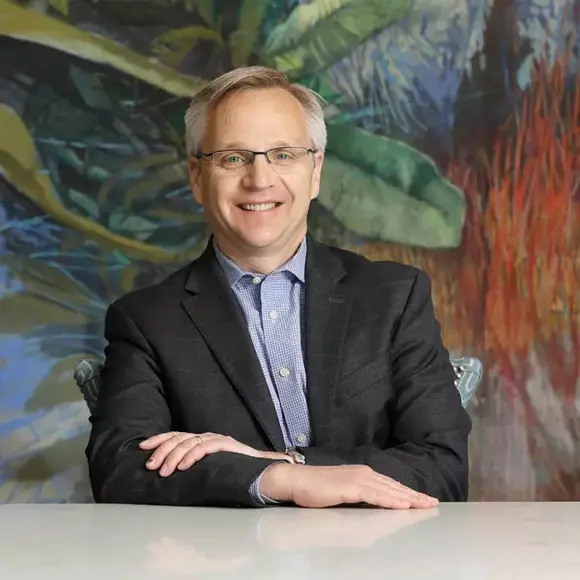
CEO
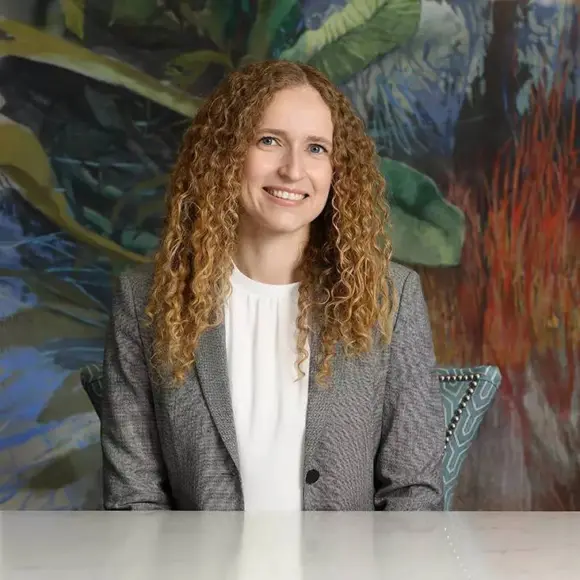
CFO
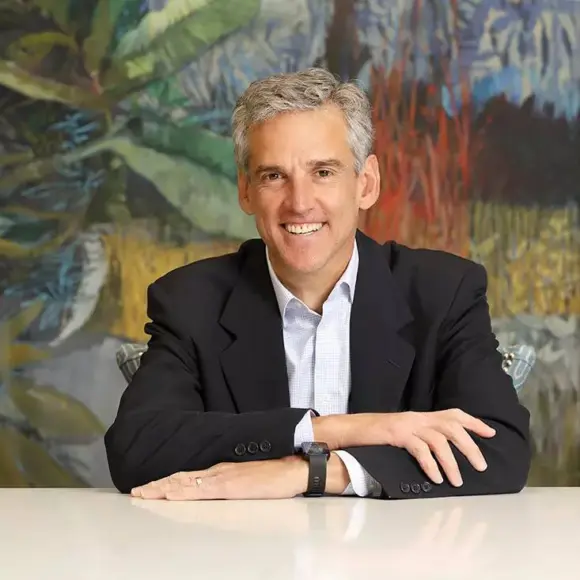
COO

Chief Medical Officer
Accreditations
Contact Information
9100 West 74th Street
Overland Park, KS 66204
